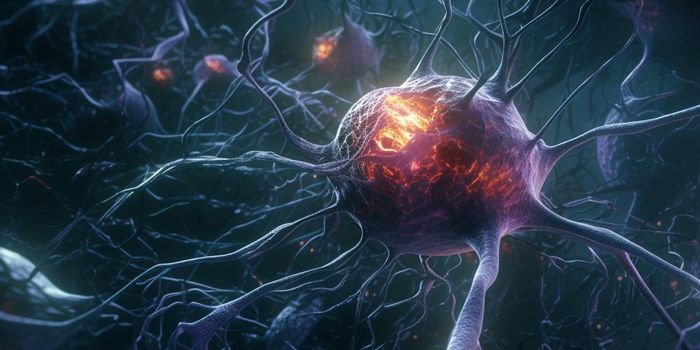Genetic Mutation Linked to Increased Pancreatic Cancer Risk in Women
In a first, researchers have found a genetic mutation that has a sex-specific effect on pancreatic cancer risk; the error is in a gene called ATRX. It increases the risk that women will develop pancreatitis and pancreatic cancer. The work has been reported in Cellular and Molecular Gastroenterology and Heptaology.
"Pancreatic cancer is a devastating disease that's often diagnosed very late. Patients don't often respond to available therapies, and the average lifespan of patients is less than six months after diagnosis," noted Chris Pin, Ph.D., a Lawson scientist and associate professor at Schulich Medicine & Dentistry. "We need to catch the disease much earlier."
Pancreatitis, severe inflammation in the organ, can lead to by pancreatic cancer. It is possible that genetic screening could one day be conducted to find the people who are at risk for the disease. Identifying the genes that are causing that risk to increase may also help doctors determine the best preventative measures for individuals.
"For every patient and for every cancer, there's a specific set of gene mutations and environmental conditions that make it very unique. Identifying those differences is very important because it will affect how we treat the disease," explained Pin. "Understanding the role of ATRX in pancreatic cancer could result in new female-specific targets for therapy and the development of new markers for early detection."
The team used preclinical models to assess the effects of the ATRX mutation and to determine how it contributed to the risk of cancer development in the pancreas. When the gene was deleted in females, damage caused by pancreatitis was increased and progressed to cancer more often. In males, the inverse was seen; the risk of damage did not increase, and there was a reduction in pancreatic cancer.
The team also checked 729 human genome sequence samples in the International Cancer Genome Consortium database. In 19 percent of patients, there was a mutation somewhere in the ATRX gene (although they included mutations in introns, which are normally spliced out messenger RNA). Of the carriers, 70 percent were female. These mutations were not predicted to disrupt the ATRX protein, but this suggests that may still have an impact on ATRX function, primarily in females.
A follow-up study is planned by Pin and collaborators to look at tumors in preclinical models, in an effort to understand what effect ATRX mutations are having in females.
"While the mutation might increase a female's risk of pancreatic cancer, it doesn't mean she will automatically develop the disease," said Pin. "We need to better understand the role of the mutation and how it interacts with other risk factors like inflammation to promote cancer. Only then can we harness our knowledge to develop better diagnosis and treatment methods for females carrying this mutation."
Sources: AAAS/Eurekalert! Via Lawson Health Research Institute, American Cancer Institute, Cellular and Molecular Gastroenterology and Heptaology









